WordPress.orgWith well-known hosting providersWP EngineThe conflict between has become an industry flashpoint. The conflict centers around issues of platform integrity, trademark use, and access to resources, putting thousands of websites at potential risk. Below is a detailed analysis of the key players, the core issues and their impact on WP Engine users.
![Image [1] - WordPress and WP Engine clash: everything users need to know](https://www.361sale.com/wp-content/uploads/2024/11/20241125105051565-image.png)
Main participants
WordPress.org
WordPress.org is the world's leading open source content management system (CMS), supporting more than 40% websites running from personal blogs to large enterprise platforms are widely used. Its success is based on community-driven development, with users and developers participating in its continuous evolution.
Matt MullenwegbeWordPressThe co-founder of theAutomattic's CEO (Automattic is responsible for WordPress.com, WooCommerce, Jetpack, and other services). While WordPress.org itself is open source, Automattic plays a significant role in the overall ecosystem, raising questions about the scope of Mullenweg's personal power.
Mullenweg has been criticized time and again for over-controlling the open source community. And in the current conflict with WP Engine, he has escalated the controversy by accusing the other side of undermining WordPress' core values.
WP Engine
![Image [2] - WordPress clashes with WP Engine: everything users need to know](https://www.361sale.com/wp-content/uploads/2024/11/20241125105229541-image.png)
WP Engine is one of the industry leaders in hosted WordPress services, offering users premium hosting with high performance, security enhancements, and exclusive support. However, the company's changes to core WordPress features (such as disabling post revisions to reduce server costs) have sparked strong criticism from Mullenweg and other community members.
Core issues of the conflict
1. Disabling core functionality
WP Engine disables the WordPressArticle Revision FunctionThis is a key feature for data integrity and transparency.
Mullenweg criticized the move as compromising the integrity of the platform and undermining community trust.WP Engine was seen as prioritizing cost efficiencies at the expense of WordPress' mission of working to deliver a total user experience.
2. Trademark and License Disputes
The other major issue is related toWordPress Trademark UsageMullenweg alleges that WP Engine violated the license agreement by misleading users into believing that WP Engine was officially associated with WordPress.
The dispute has escalated to the legal level, with WordPress.org attempting to safeguard the clarity of the community by defending its trademark rights.
3. blocking access to resources
WordPress.org has decided to restrict WP Engine's access to critical resources, including plugin and theme updates. This decision has resulted in websites hosted with WP Engine not being able to access critical updates, increasing the risk of security breaches and performance issues. This action has also sparked widespread unrest among users.
![Image [3] - WordPress and WP Engine clash: everything users need to know](https://www.361sale.com/wp-content/uploads/2024/11/20241125105118734-image.png)
Do WP Engine users need to worry?
Despite the dire situation, there is no need to be overly alarmed at this point; both WordPress and WP Engine depend on each other's ecological position, so a permanent split is unlikely. However, users should take proactive measures:
- Regularly back up your website: Ensure that all data is securely backed up for unforeseen circumstances.
- Keeping an eye on developments: Keep up to date with the progress of the conflict and WP Engine's solution.
- Consider alternative hosting providers: Be prepared to migrate to other hosting platforms for possible problems.
The bigger controversy behind
The conflict has reignited discussions about the WordPress.org governance model and Automattic's role in the open source ecosystem.
Critics argue that Mullenweg has a conflict of interest between leading WordPress.org and running Automattic, and that his business interests may run counter to the spirit of open source collaboration. Supporters, on the other hand, argue that difficult but necessary decisions sometimes have to be made to protect the integrity of WordPress.
summarize
The conflict between WordPress and WP Engine highlights the complexities involved in balancing open source principles with commercial interests. For WP Engine users, the key takeaway from this incident is to remain vigilant and be prepared for any consequences that may arise.
While a solution may already be in the works, the dispute reminds us that the importance of proactively managing website infrastructure cannot be ignored.
Link to this article:https://www.361sale.com/en/27672
The article is copyrighted and must be reproduced with attribution.







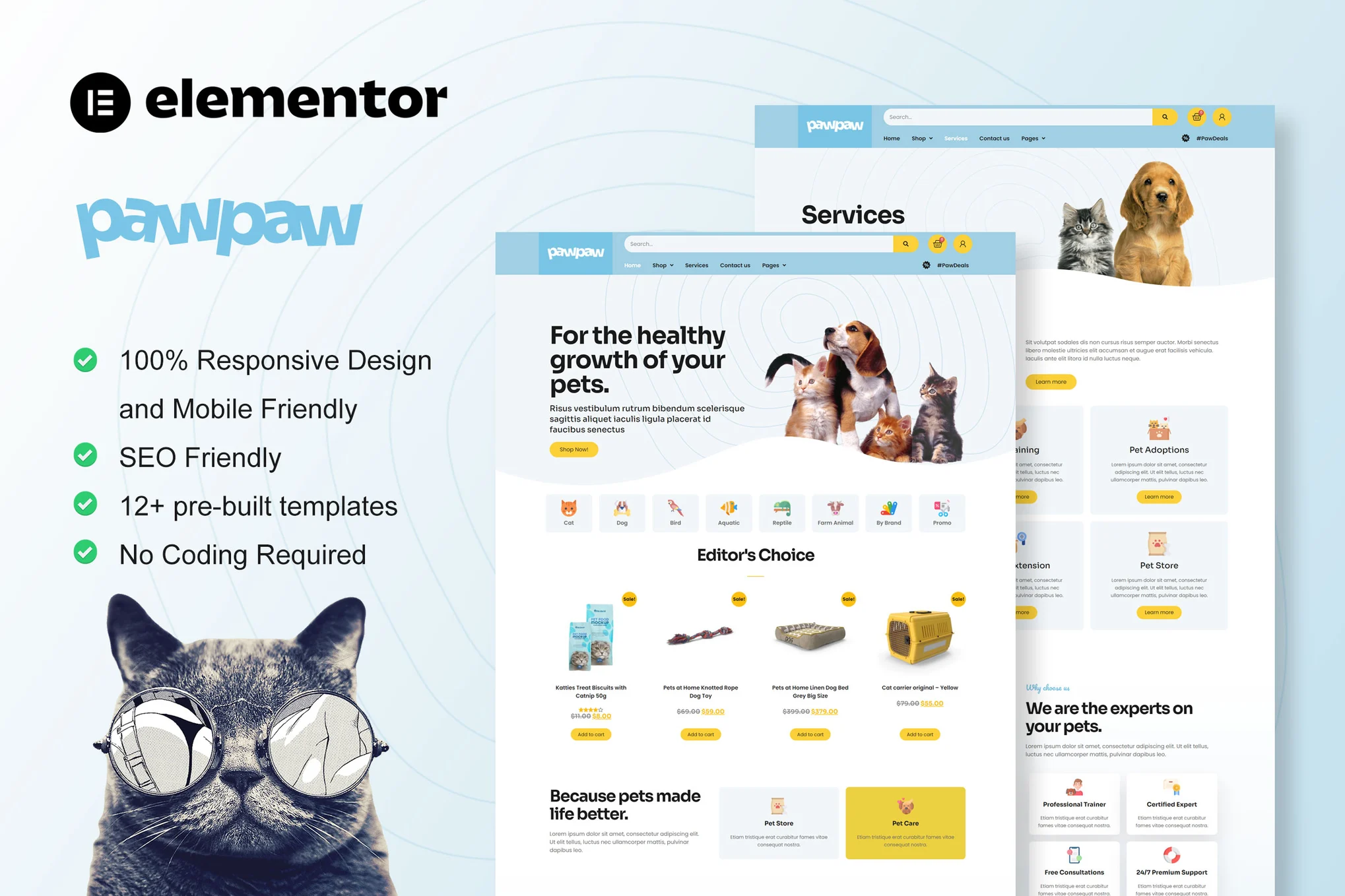

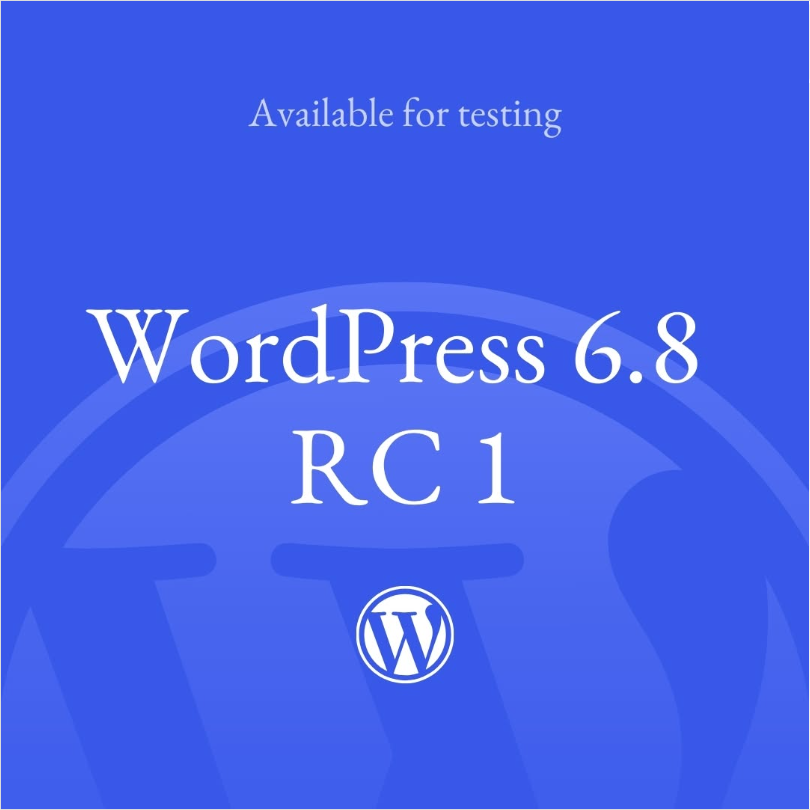
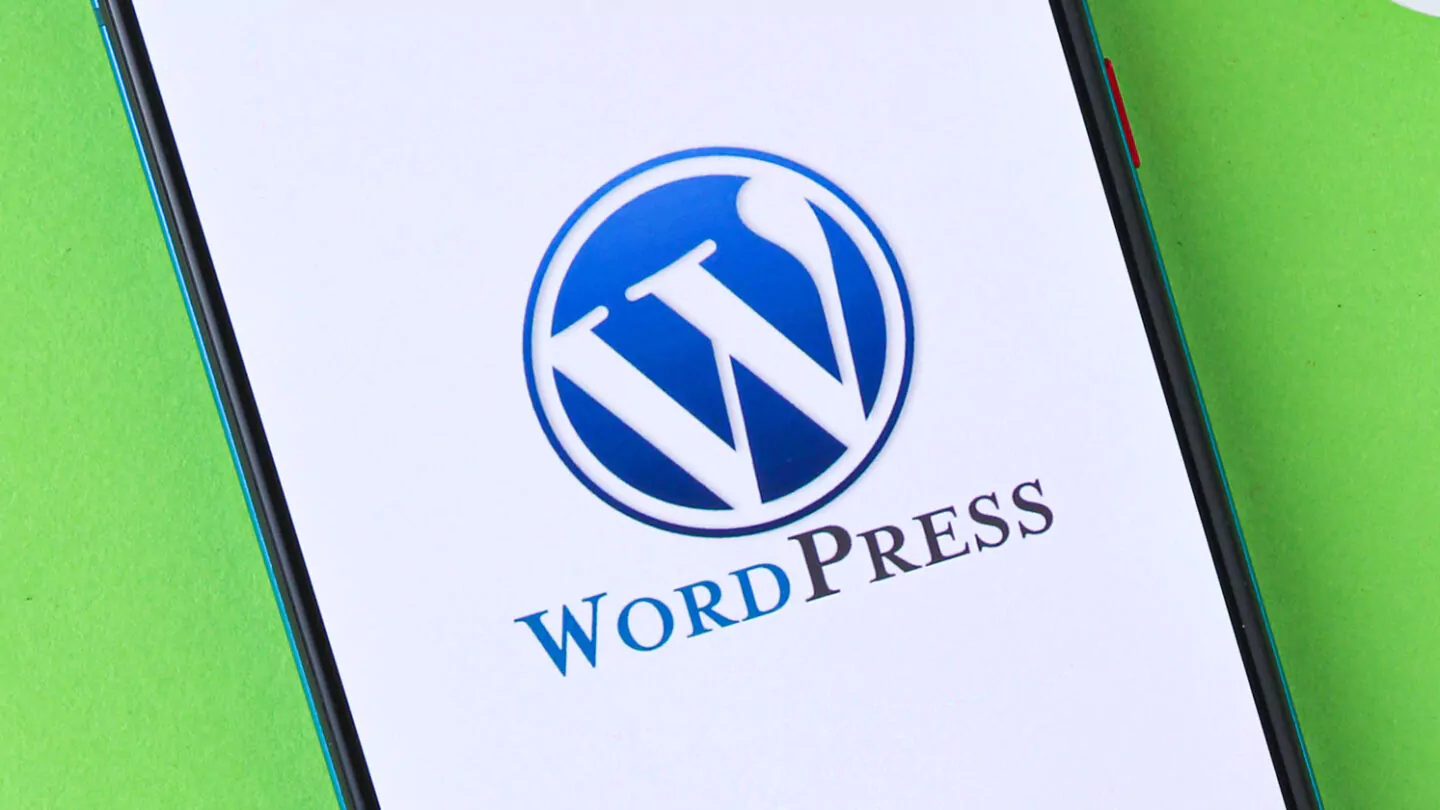
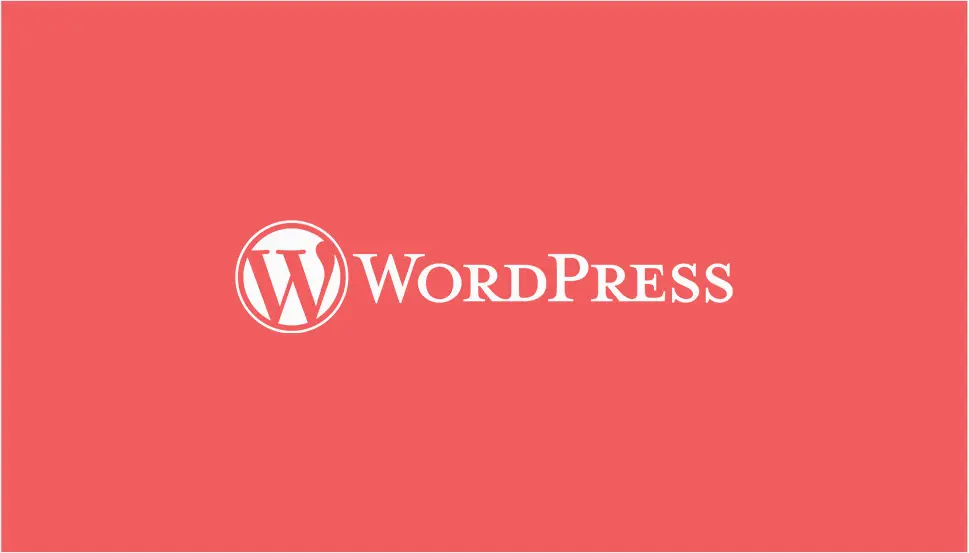
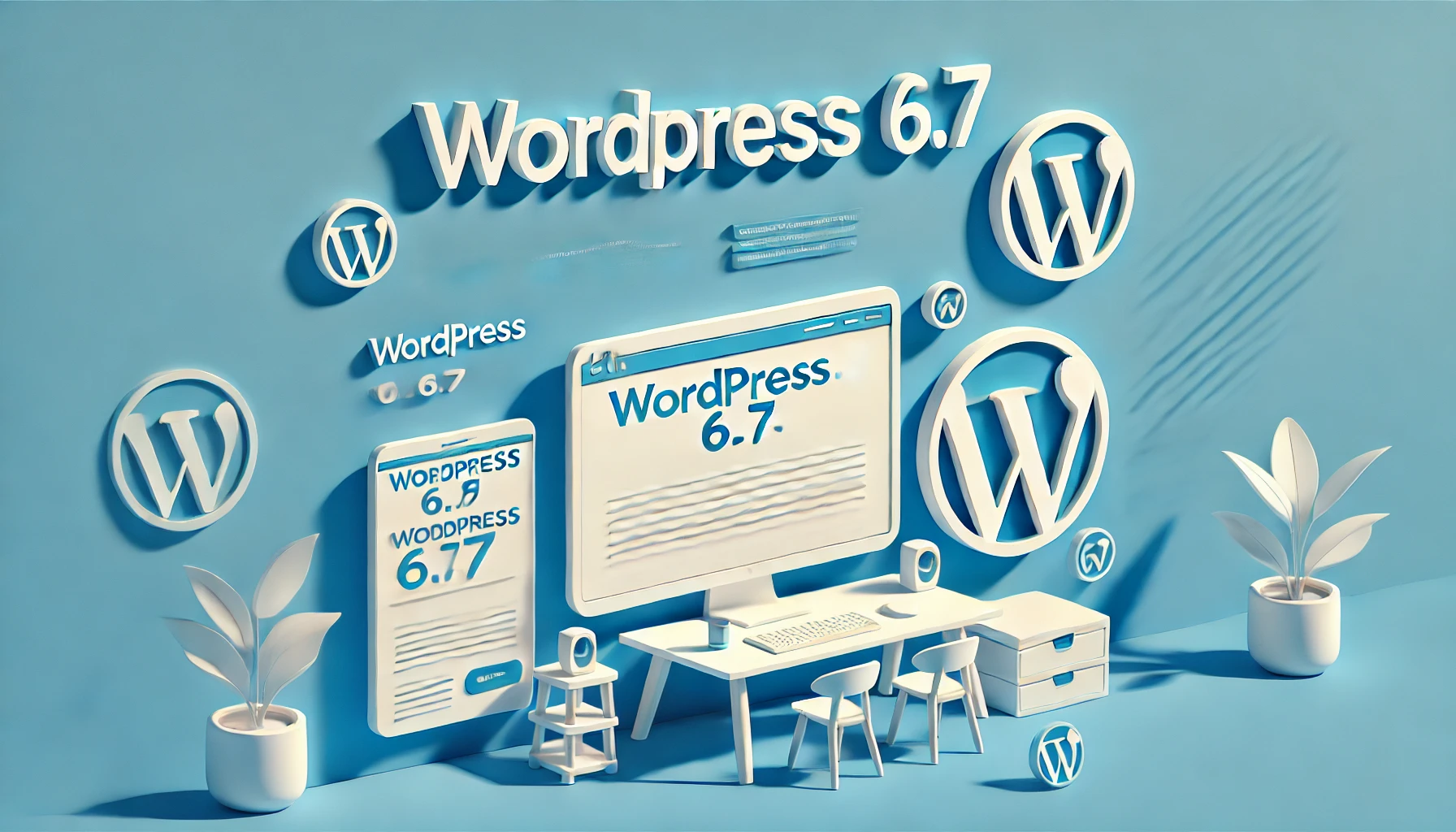
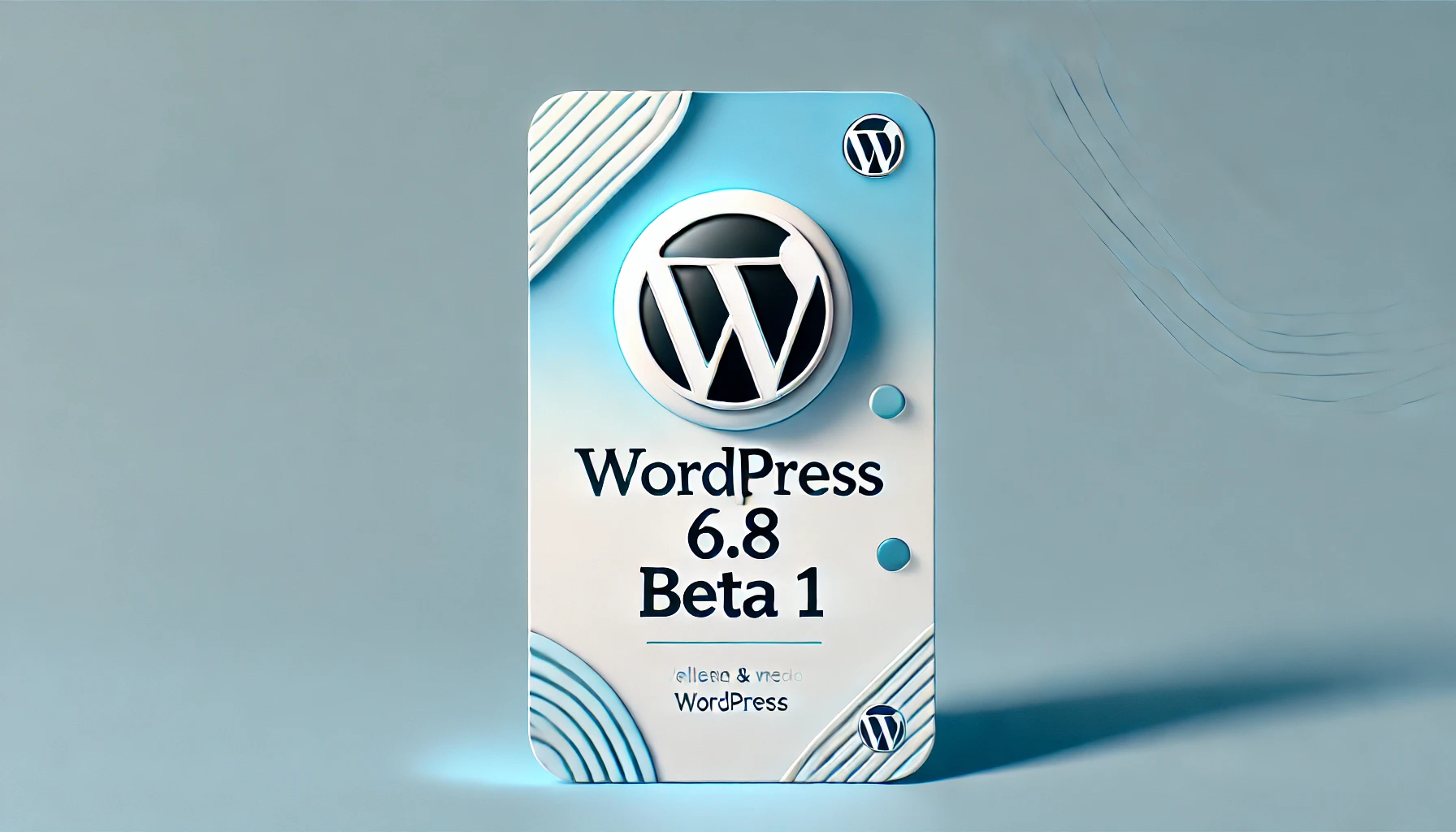



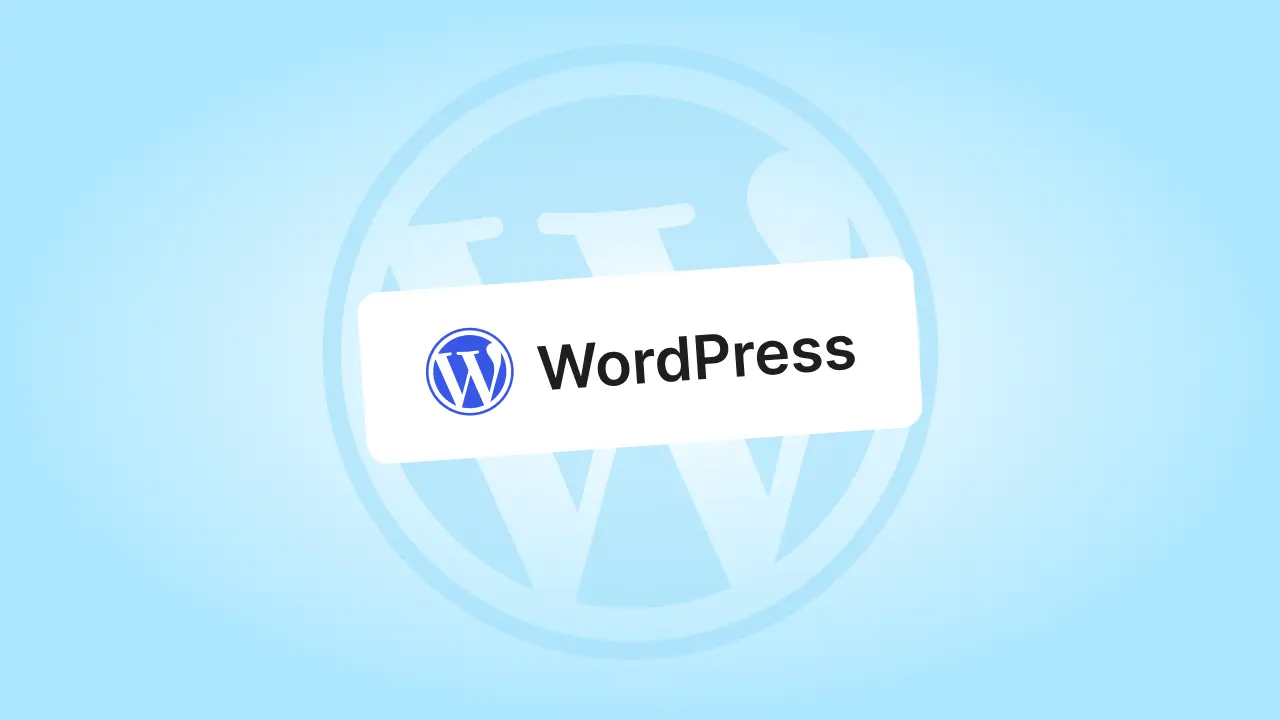













No comments